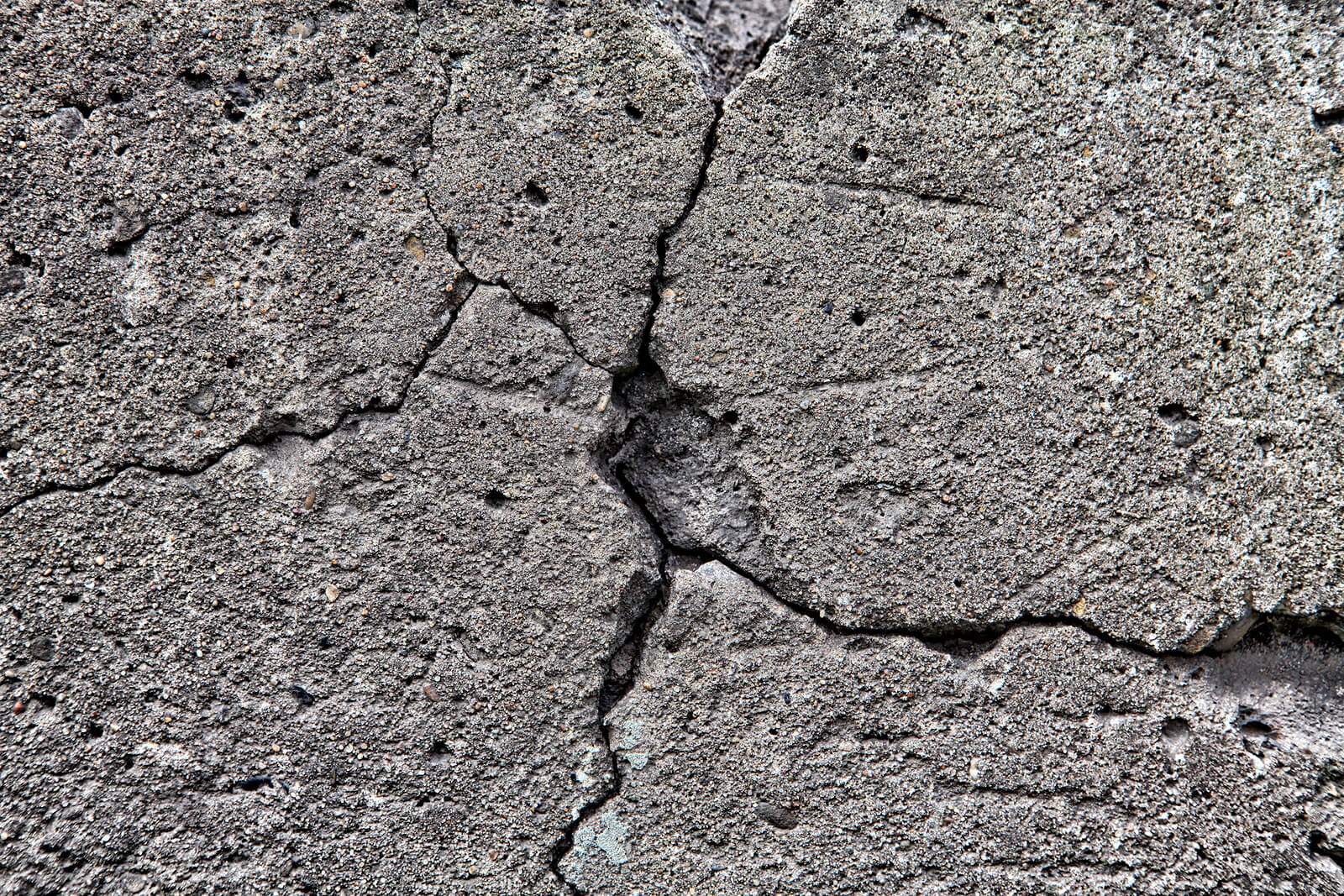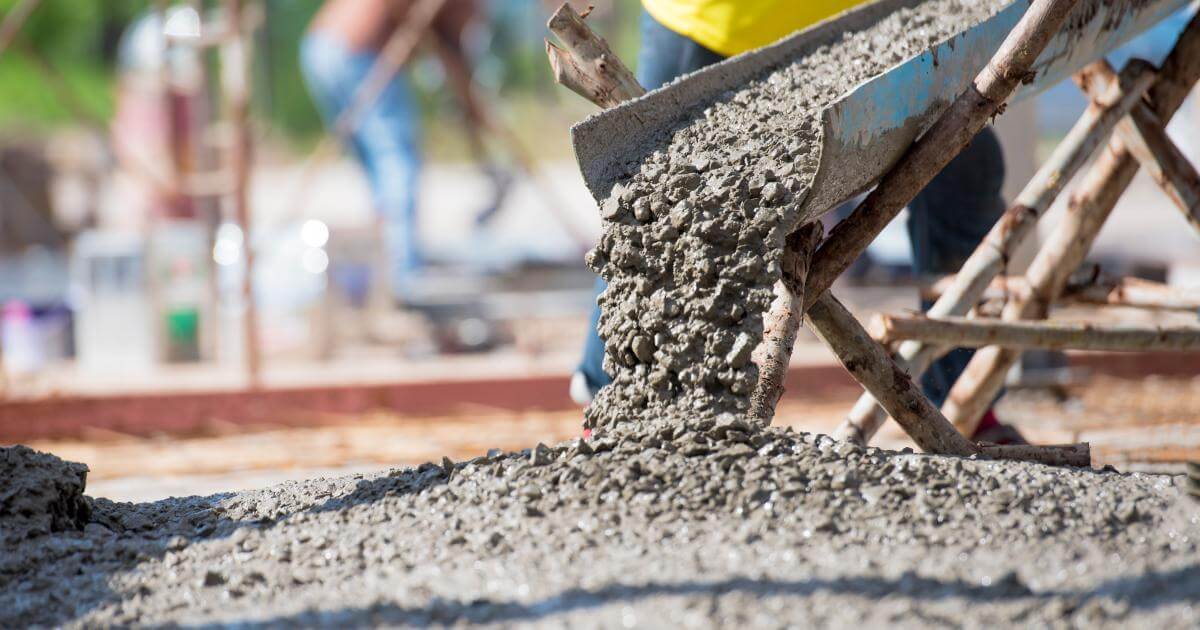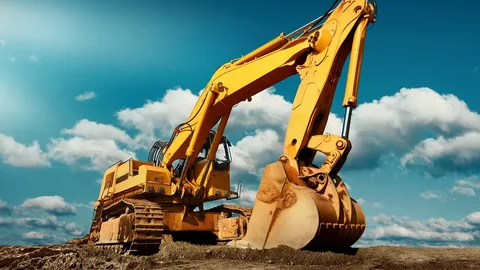
What is Concrete Scaling?
The Concrete Scaling is peeling and flaking of finishing surface of a hard concrete exposure thawing & freezing. Extend to expose largest areas generally its smalls localized patches these are merged with each other. Scaling cannot expose coarse aggregates. In this process of scaling expose the coarse aggregates in the size of 3/8 or 1/7 inches of the surface of the mortar. Making of mortar surface smooth it’s called scaling.
Why we do concrete surface scaling?
- Concrete slabs expose to thawing or the freezing presence of deicing salts, and the moisture is impressionable to scaling.
- Saving concrete from air entrainment, this process is for protection against thawing or freezing damages for concrete surface or structure.
- When the process of curing, air entrained there are enormous amounts of chloride salts & calcium, provide strength surface of the actual scaling process.
- There are servals chemicals are like ammonium sulfate or nitrate these components are the cause of scaling protection by chemicals attacks on the surface of the concrete.
- Bleed water using in finishing performed process on the concrete surface.
If the bleed water working in the concrete surface of the slab if the using water is higher than getting the strength of piece in a low-layer surface produced. Presence of deicing salts & moisture it’s exposed to thawing and freezing. This process result is the weak skin surface. The first step is the concrete scaling should be specified appropriately intend services for environment. The severe climate that is expected concrete in wet conditions should do undergo cycles of thawing and freezing the applications of deicing salts chemicals.
Read More: 10 Most Common Concrete Problems
Key Notes about Concrete Scaling
- Concrete should specified with the strength of 4,000 psi.
- Contain appropriate volume of the air.
- Per 564 pounds cubic yard should have maximum cementitious contents.
- Water & cement ratio should be 0.45.
The other term of scaling is deicing salts when its melt snow and forum of ice which in turn into salty its called meltwater. This meltwater is known as regular winter rainwater, the saturated upper layer of concrete surface. When the temperature clod, then meltwater freeze in the concrete surface and internals. When its freezes Water expands approximate 9 per cent in volume. This inflation blast apart in concrete which is not install and formulate withstand these freezing forces on concrete surfaces.
Concrete Scaling Problems
Most of the causes of Poor quality concrete scaling is meaning that cement/water ratio greater than 0.60; which is the cause of falling scaling over-working in wet concrete and immature finishing operation performed on it. On the new concrete surface, problems are to apply reduced water-induce a penetrating waterproofing sealer in the 28 days after the specific placement.
In this problem, after it has occurred on required to covering the affected area with polymer-modified overlay cementitious in color matching existing the driveway. When the overlay cure, applying waterproofing sealer than to prevent the problem reoccurring. In this type of failure, is known as concrete scaling or spalling, these are more common in colder climates freeze-thaw and deicing chemicals prevalent. Freezing causes the water is entering the surface of concrete layers and damaged in slowly but its dangerously.







